To globalize means to make worldwide in scope or application. Globalization can greatly enhance the role of agriculture as an engine of grow in low-income countries by making it possible for agriculture to growth considerably faster than domestic consumption. It reduces the trade barriers and unfair competition is disciplined, free trade is expected to take place for many commodities. It would effect agricultural production, change efficiencies and influence social issues. Liberalization of agriculture trade has resulted in increased globalization of Indian agriculture. In a global agricultural economy, small farms will be replaced by large farms, which in turn will be controlled by giant multinational corporations. Small farmers quite simply will not be able to compete in a "free market" global economy especially in low-income countries. Low-income countries that do not spend heavily on research and technology dissemination and do not upgrade their rural infrastructure and reduce transaction costs will experience declining prices for agricultural commodities without any decreases in costs of production. The present publication draws inspiration from the many advances that continue to be witnessed in the area of agriculture as regard to globalization. The collection of papers and articles presented in the following pages attempts to outline in precise and relevant terms different aspects of agriculture under globalization. Papers selected in this book are written by scholars of the subject to help the reader in understanding the fundamental issues involved. The book will be of immense use to all students, teachers, researchers, professional scientists and policy makers.
Agriculture Under Globalization
In stock
Free & Quick Delivery Worldwide
reviews
Bibliographic information
Title
Agriculture Under Globalization
Author
Edition
1st ed.
Publisher
ISBN
8178885646
Length
viii+224p., Tables.
Subjects

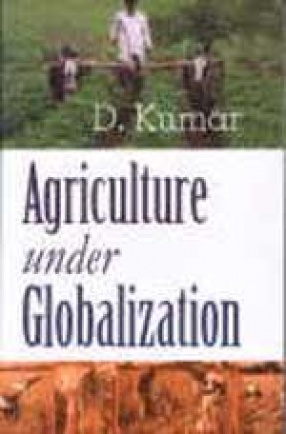

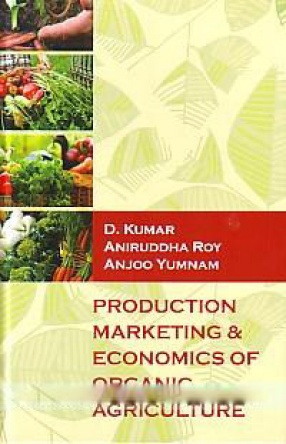
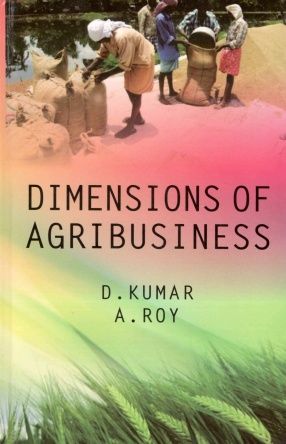
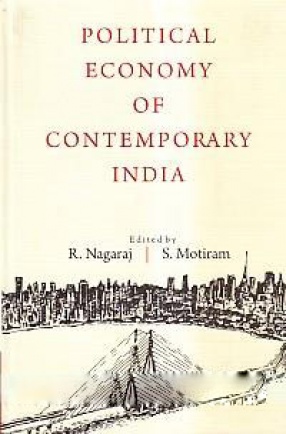
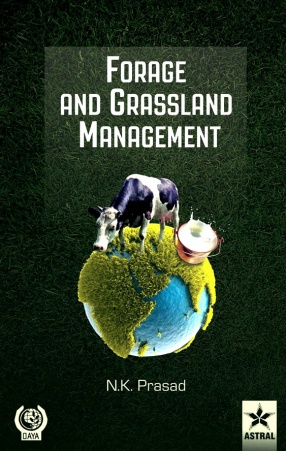

There are no reviews yet.